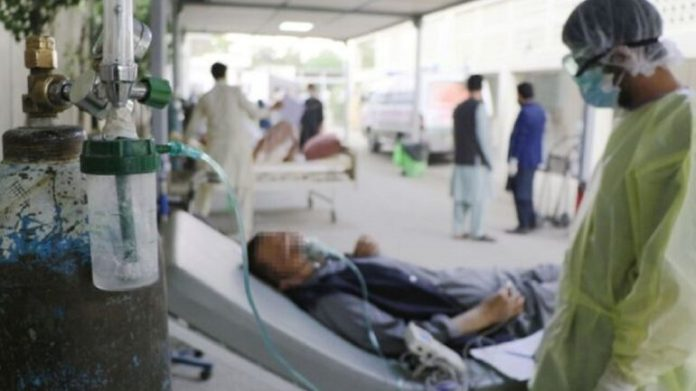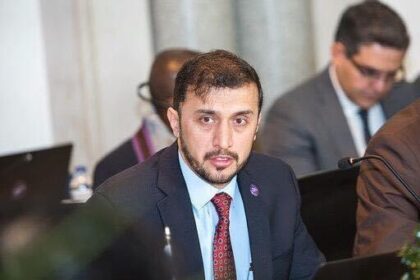RASC News Agency: The World Health Organization (WHO) has reported that more than 50,000 cases of tuberculosis (TB) have been recorded in Afghanistan in 2024. In an official statement issued on Monday, March 24, the organization reiterated that tuberculosis remains a significant public health crisis in Afghanistan, underscoring the urgent need for immediate and sustained intervention. According to the WHO, tuberculosis continues to pose a grave and persistent threat to public health, exacerbated by inadequate healthcare infrastructure and limited access to medical services. Currently, 875 healthcare centers across Afghanistan, supported by the Global Fund to Fight AIDS, Tuberculosis, and Malaria, are providing free diagnosis and treatment services for TB patients.
Dr. Edwin Ceniza Salvador, the WHO’s representative in Afghanistan, reaffirmed the organization’s unwavering commitment alongside its international partners to enhancing and expanding TB control programs across the country. “No one should suffer in silence. Tuberculosis is both preventable and treatable,” he emphasized. The WHO’s global statistics indicate that in 2023, tuberculosis claimed over 1.25 million lives worldwide, including 161,000 individuals who were co-infected with HIV/AIDS. Tuberculosis is a highly infectious bacterial disease that primarily affects the lungs, spreading through airborne transmission via coughing and sneezing.
Meanwhile, the United Nations has stressed that with effective public health strategies and international cooperation, tuberculosis can be effectively controlled and ultimately eradicated in the future.






